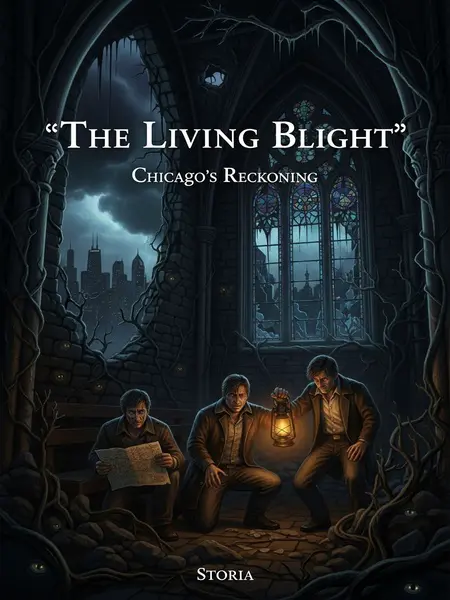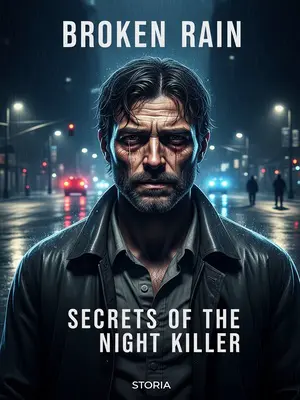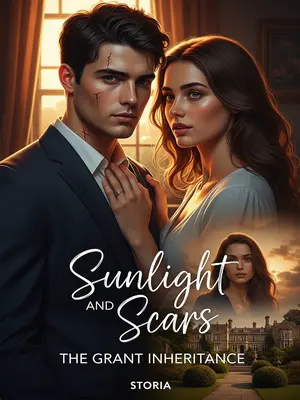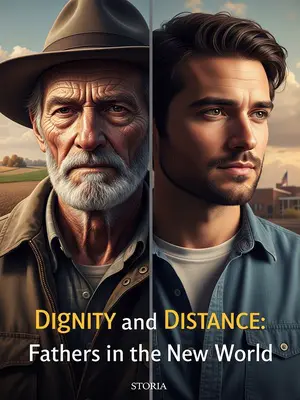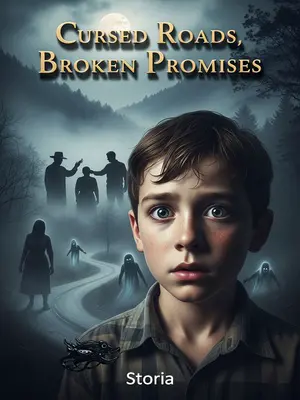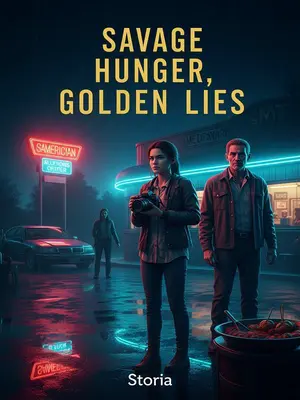Chapter 2: The Bird-Eyed Woman
She claimed Henry Sampson was her son, a big shot in the city. She was here on urgent business, but Chicago was too big, and she was lost. If someone could help her find her son, she promised, her important son would reward them richly.
People would look at each other, half-smiling, half-uneasy. The idea of some city official’s mom wandering around in rags, lost in Chicago, just didn’t track. Her talk of a reward sounded like something out of a fairy tale, the kind you hear from folks who’ve lost their grip.
But Henry Sampson wasn’t a name anyone recognized, and the old woman couldn’t say what he did. So most folks figured she was just senile.
A few tried to help, but when she couldn’t give an address or a real job, they just shook their heads and moved on. She became a neighborhood fixture, a sad story folks told over coffee at Lou Mitchell’s.
She drifted around East Market for four, maybe five days. A deli owner named Mr. Parker couldn’t stand to see her suffering.
Old Parker had run his place on 18th for thirty years—he’d seen his share of hard luck. He was the kind of guy who’d slip a sandwich to a hungry kid or call a cab for a drunk. When he saw the old woman shivering outside his neon-lit shop, he couldn’t just walk away.
Old Parker was a good man, so he took pity on her. She couldn’t find her son in this big city, so he brought her home, figuring his staff could help ask around about Henry Sampson later.
He figured maybe someone at the deli would know the name, or at least help her find a shelter. That night, as the L trains rattled by, Parker drove her out to his bungalow in Berwyn, the car heater blasting.
But trouble came the very first night.
It was one of those nights where the silence feels thick, like the whole city’s holding its breath. Parker’s house was old but warm, the kind of place that smelled of coffee and linoleum. He never thought anything bad could happen there.
Once they got to Parker’s house, he had his only helper, Joey, run a hot bath for her and dig out some clean clothes. Once she was washed up, he planned to settle her in the guest room.
Joey, a neighborhood kid, filled the tub and found some of Mrs. Parker’s old sweatshirts. The old woman barely spoke, just nodded and shuffled away to clean up. Parker tried to make small talk, but she only answered with silence.
But when the old woman came out, fresh from the bath, Parker felt a chill crawl up his spine at the sight of her face.
Her skin looked waxy, stretched too tight, the color of old candle wax. The way she stared—unblinking, cold—made him want to look away. For a second, he wondered if he’d made a terrible mistake.
There was something wrong about her face—especially her eyes. Something he couldn’t put his finger on, but it made his skin prickle.
He tried to shake it off, blaming nerves. But when she blinked, her eyelids barely moved, and her gaze seemed to follow him even when he turned away.
Parker said nothing, swallowing his doubts, and had Joey show her to the guest room.
He forced a smile, thanked Joey, and went to pour himself a stiff shot of Old Style. He told himself it was just nerves, but the house suddenly felt colder, the shadows deeper.
That night, Parker tossed and turned, sleep just out of reach. Every time he closed his eyes, he saw those strange eyes staring at him. The more he thought, the more he realized—
He kept seeing flashes of those eyes, wide and glassy, pupils pinprick small. The silence pressed in, broken only by the groan of old pipes and the distant rumble of the L.
The old woman’s eyes looked just like a bird’s!
It hit him—hard. He remembered the starling he kept in a battered cage on the porch, the way its beady little eyes darted back and forth. The resemblance was too close. It made his skin crawl.
The eyeballs bulged outward, pupils just tiny dots—exactly like that starling that used to tap on its cage bars, always watching.
He couldn’t shake the image, even when he tried to distract himself with old ballgames on the radio. The starling outside seemed to be watching him, sharing some secret with the old woman in the guest room.
The more Parker thought about it, the more his heart raced. He couldn’t sleep at all and swore he’d get to the bottom of it in the morning.
He sat up, wiped sweat from his brow, and promised himself he’d ask the old woman some real questions over breakfast. Maybe she was just sick, or maybe he was losing his mind. Either way, he needed answers.
But who could have guessed that disaster would strike before dawn?
The darkness pressed in, and then—a sound that didn’t belong. It set his teeth on edge, made the hair on his arms stand up. It was as if the house itself was warning him.
Late that night, unable to sleep, Parker suddenly heard a rustling outside, like something crawling along the hardwood floor.
He froze. The sound was slow, dragging, deliberate. He strained to listen, heart thudding, as the noise crept closer.
Even worse, the sound moved closer and closer to his bedroom door.
Every instinct screamed at him to hide. He clutched the covers, barely daring to breathe.
Suddenly—thud, thud, thud, thud—
The knocking started soft, then grew louder, more insistent. Each thud vibrated through the room, rattling his old Cubs pennant on the wall.
Someone was knocking on his door.
Parker was terrified. His wife and kid were at her mother’s in Joliet; only he, Joey, and the old woman were home. Who else could be knocking but that bird-eyed stranger?
He squeezed his eyes shut, praying the knocking would stop. His mind raced, replaying every late-night horror story he’d ever heard on WGN.
He didn’t dare answer, just pulled the covers over his head, cursing his own soft heart for bringing a stranger home.
After a while, the knocking stopped. Then came another rustling, this time along the wall. Soon, the sound reached the spot right by Parker’s head.
He pressed himself to the headboard, listening as the sound scraped up the plaster, higher and higher. His breath came in short, sharp gasps.
Parker trembled even more, because right above that spot was the window.
He remembered—too late—that he’d left the window cracked to air out the room. Now every creak sounded like something slithering in.
Sure enough, the sound shifted toward the window. Parker jumped, scrambled to the other end of the bed, and stared at the glass.
His hands shook as he reached for the lamp, but he couldn’t bring himself to turn it on. The moonlight threw twisted shadows across the pane.
Soon, a shadow appeared in the window.
It moved slowly, almost lazily, savoring the moment. Parker’s heart hammered so loud he thought it would burst.
Parker suddenly realized—the window wasn’t shut!
He lunged for it, legs tangled in the sheets. Too late. The shadow outside swelled, blotting out the moon.
But it was too late. The shadow pushed open the window, and a blackish-purple, monstrous face appeared.
The face was twisted, skin bruised and mottled, eyes bulging like a crow’s. Parker recoiled, frozen, no scream coming.
"Boss, boss, help...help me..."
The voice was thin, barely more than a rasp. It was Joey—his helper, the kid from down the block. But Joey’s face was wrong, twisted with pain and terror.
As soon as he spoke, he suddenly vomited up a huge, bloody, sticky mass.
